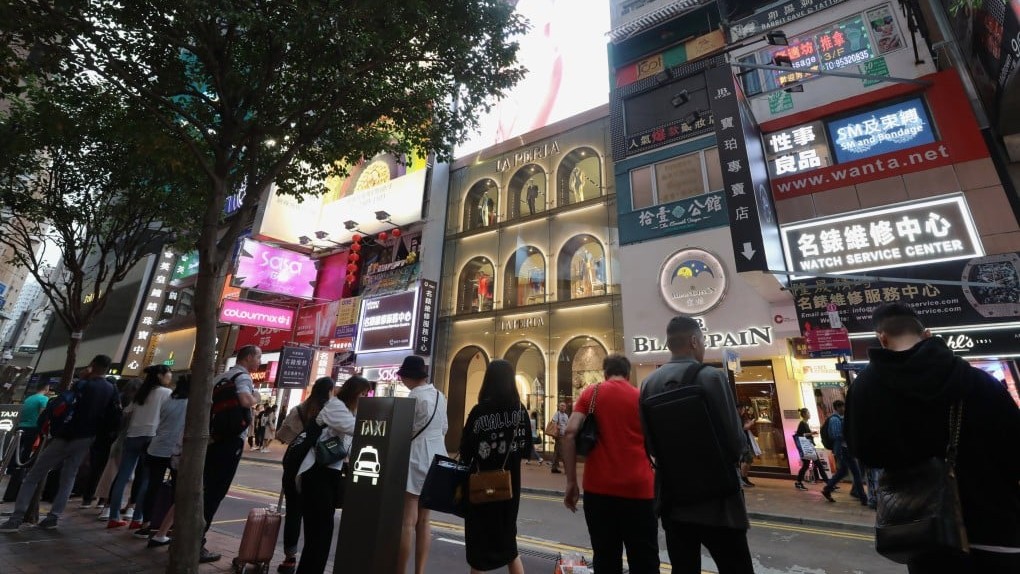Hong Kong – The mounting debt and deepening losses of Emperor International Holdings have cast a spotlight on the precarious state of Hong Kong’s commercial property sector — once a pillar of the city’s economic strength. With HK$16.6 billion in overdue bank borrowings and a HK$4.74 billion loss reported for the year ending March 2025, Emperor’s decline is no longer seen as isolated, but rather symptomatic of a market-wide contraction.
This comes amid a 44% decline in office property prices since the 2019 peak and a 35% drop in retail property values, reflecting a collapse in investor confidence and tenant demand. The city’s property market, once bolstered by cheap credit and international retail spending, has entered a prolonged phase of correction triggered by sociopolitical unrest, pandemic-induced recession, and aggressive interest rate hikes.
Emperor’s troubles date back to its expansion spree, which included landmark acquisitions such as China Huarong Tower in Wan Chai and Emperor Commercial Centre in Central. But with declining asset values and weak leasing activity, returns from these properties have fallen far short of expectations. The situation became more pronounced as interest rates surged — rising from 0.5% in 2022 to over 5% in mid-2023, severely raising debt servicing costs.
According to analysts, the main challenges faced by developers like Emperor include deteriorating collateral values, tightened lending conditions, and difficulty meeting covenant ratios, such as interest coverage. While banks are cautious about foreclosing on major assets, liquidity stress continues to mount, particularly for property groups with high leverage and shrinking rental income.
Beyond Emperor, the larger narrative concerns Hong Kong’s shifting role as a financial and commercial hub. A sector once seen as untouchable is now increasingly exposed to macroeconomic pressures and changing global capital flows. Office demand is constrained by the remote work shift, while retail continues to grapple with weakened tourist traffic and evolving consumption patterns.
From a regional standpoint, the Hong Kong property correction serves as a cautionary tale for Asian cities reliant on speculative real estate cycles. As geopolitical tensions and US-China decoupling reshape the flow of investment and people, long-term stability will depend on how cities recalibrate land use, diversify their economies, and rebuild investor trust.
Albert Yeung, the 82-year-old chairman of Emperor Group, has yet to respond publicly. His business empire, once diversified across luxury retail, entertainment, and property, now faces its biggest test since its founding in the late 1960s.
While short-term distress may be contained through negotiations with lenders, the long-term resilience of Hong Kong’s real estate market hinges on more than just price corrections — it demands a rethinking of urban economic models and the political clarity necessary to restore global confidence.









